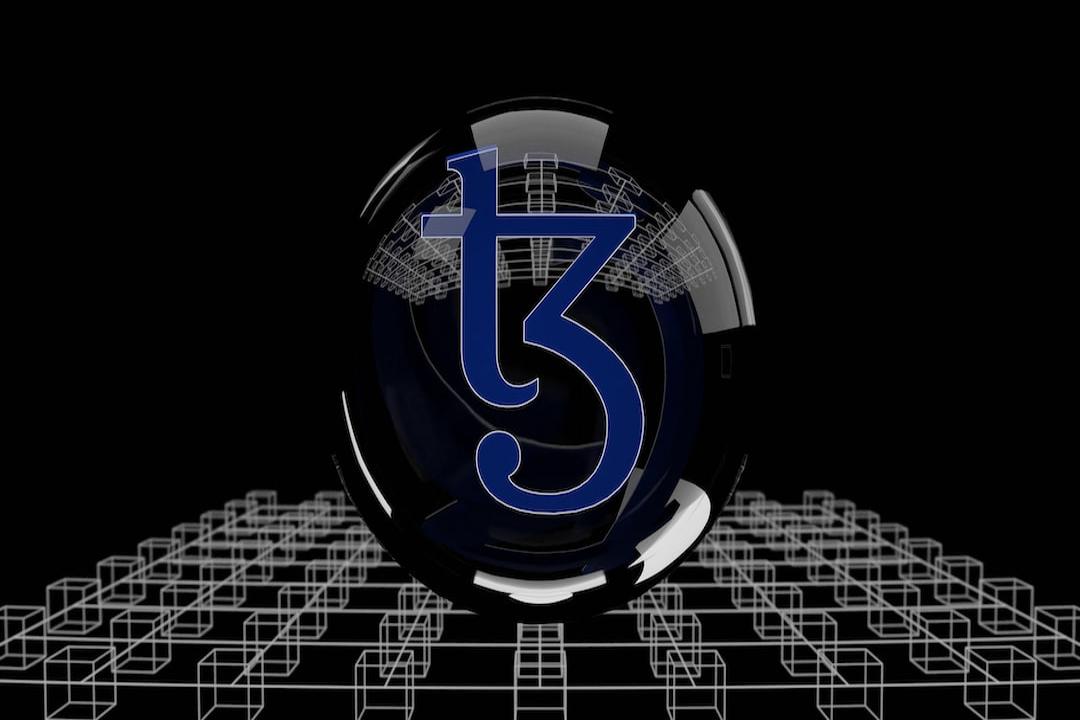Fantom creator, Andre Cronje, has expressed concerns about the incentives behind Ethena Labs’ USDe stablecoin, warning of a potential meltdown similar to Terra’s collapse. Cronje, a prominent figure in the decentralized finance (DeFi) space, shared his worries about the risk management practices of Ethena Labs, particularly focusing on the funding rates in perpetual futures contracts. In a post on April 3, Cronje outlined his concerns without explicitly mentioning the protocol or its synthetic dollar by name.
The USDe stablecoin yield offered by Ethena Labs caused alarm when it launched on the public mainnet with an annual percentage yield (APY) of 27.6% on February 19. This was significantly higher than the 20% yield on the failed TerraUSD (UST) on the Anchor protocol, which suffered a collapse in May 2022, resulting in the loss of billions of dollars in value within a few days.
Following the mainnet launch, Guy Young, the founder of Ethena Labs, addressed the concerns raised, stating that they were indicative of a maturing industry with a healthy level of skepticism, learning from the mistakes of the Terra collapse. When questioned about the worries regarding negative funding rates, Young downplayed the issue, emphasizing that funding rates had only turned negative to below -3% for a week in 2022, which was a particularly challenging year for the crypto market.
Young also highlighted that Ethena Labs has implemented additional measures to address negative funding rates, including an emergency insurance fund and arbitrage mechanics. He stated that unlike the yield offered by the Anchor protocol, which was artificially generated, the yield provided by USDe is publicly verifiable and is generated through staking returns and shorting Ether perpetual futures contracts.
According to Jae Sik Choi, an analyst at Greythorn Asset Management, the artificially inflated yield offered by the Anchor protocol was unsustainable, unlike the dynamic yield promised by USDe.
In related news, Ethena has become the highest-earning decentralized application (DApp) in the crypto industry, further solidifying its position as a prominent player in the market.

